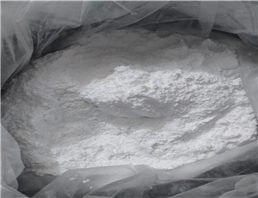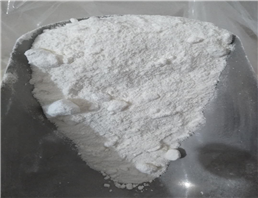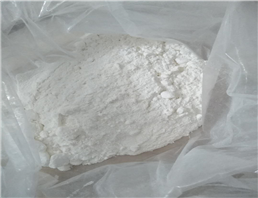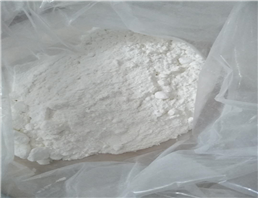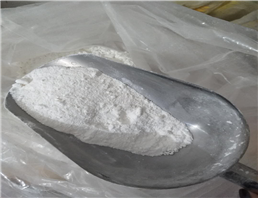Clenbuterol hydrochloride, also known as clenbuterol, is an antiasthmatic. Clenbuterol hydrochloride is a β2 receptor agonist, which belongs to the adrenergic class of drugs. It is well absorbed in livestock and humans and has high bioavailability compared with other β -stimulants. The use of clenbuterol in animal feed and drinking water has been banned in China since September 10, 2002.
Clenbuterol hydrochloride is a white or quasi-white crystalline powder, which can promote protein synthesis, accelerate the transformation and decomposition of fat, and improve the lean meat rate of pork.
If pork containing clenbuterol is eaten by human, the clinical symptoms will be as follows:
1. Acute poisoning will cause palpitation, tremor of muscles in face, neck and limbs, shaking of hands or even inability to stand, dizziness and fatigue;
2. Patients with original arrhythmia are more likely to have reactions, such as tachycardia and premature ventricular beats. The ELECTROcardiogram shows s-T segment depression and T wave inversion;
3. Patients with original hypersympathetic nerve function, such as high pressure, coronary heart disease, hyperthyroidism, the above symptoms are more likely to occur;
4. When combined with glucocorticoids, hypokalemia may occur, leading to arrhythmias.
After the occurrence of clenbuterol poisoning, gastric lavage and infusion should be performed to promote the elimination of the poison; Cardioprotective drugs such as fructose 6-diphosphate (FDP) were used under ecg monitoring and electrolyte measurement.

 China
China
